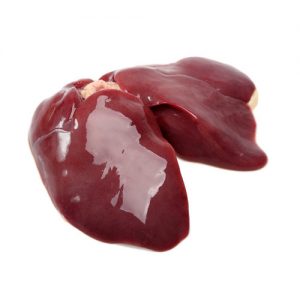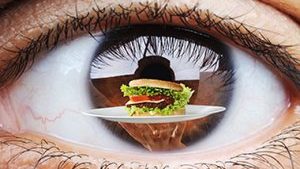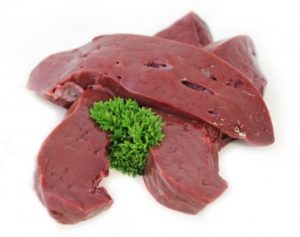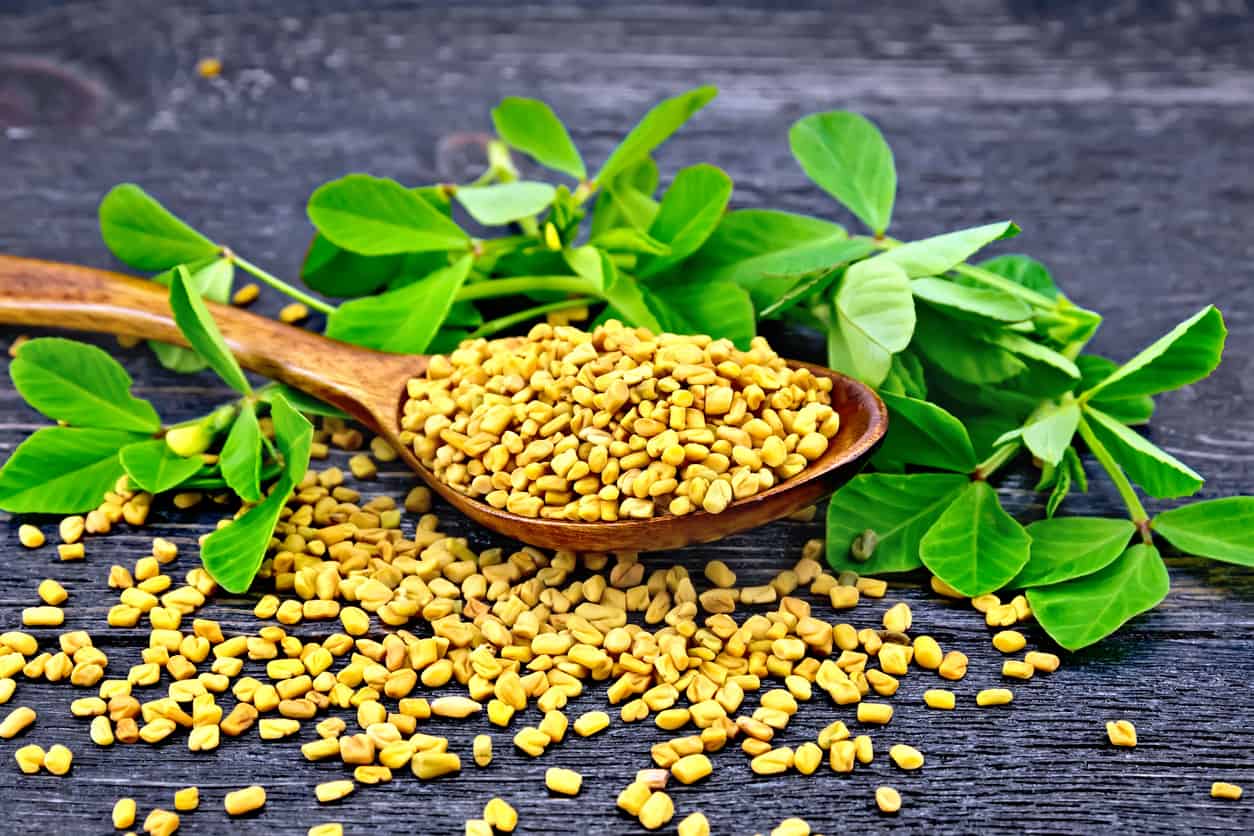Do eating chicken liver have benefits for the body?
Chicken liver is one of the healthiest foods on earth. Of course, we only mean organic chicken liver that is raised naturally.
What is the chicken liver?
The liver is very nutritious and has a very high nutritional value compared to regular muscle meat. These organs contain significant amounts of nutrients that, if consumed daily, can be very beneficial to our health.

Nutritional values of the chicken liver:
Here is the complete nutritional index of chicken liver (cooked) per 100 grams.
- Calories 167 kcal
- Carbohydrates 0.9 g
- Fiber 0 g
- 0 grams of sugar
- Fat 4.8 grams
- Saturated fat 1.6 g
- Unsaturated fat 1.2 g
- Unsaturated fat a few grams 1.3 grams
- A small amount of omega 3 oils
- Omega 6: 749 g
- Protein 24.5 g
Chicken liver is high in protein and has one protein – a density of approximately 57.90%.
It also contains moderate amounts of fat in the diet and minimal carbohydrates.
- vitamins
- Rate (٪ RDA)
- Vitamin B12: – 281%
- Vitamin A: – 267%
- Folate – 144 ٪
- Vitamin B2: – 117%
- Vitamin B5: – 67%
- Vitamin B3: – 55%
- Vitamin C: 47% –
- Vitamin B6: – 38%
- Vitamin B1: – 19%
- Vitamin E – 4%
As shown above, the liver is an essential source of several essential vitamins.
Also, it is a fantastic source of vitamin C. Ordinary muscle meat lacks this nutrient.
Chicken liver minerals:
- Rate (٪ RDA)
- Selenium
- Iron 65
- Phosphorus 41%
- With 27%
- Copper 25%
- Manganese 18%
- Potassium 8%
- Magnesium 6%
- Sodium 3%
- Calcium: 1
The liver provides a good range of essential minerals and is especially rich in selenium and iron.

Chicken liver health benefits:
Contains B vitamins
B vitamins play an essential role in energy production, and part of their job is to extract energy from the nutrients in food.
B vitamins are essential for our cells’ optimal functioning, and these vitamins play a vital role in cell repair and DNA synthesis.
The liver contains large amounts of vitamin B12, which provides only 10.3% of the recommended daily allowance.
Vitamin B12 is involved in several biological processes, including its central role in DNA, energy, and the nervous system.
Because this vitamin is vital to our health, b12 deficiency is associated with an increased risk of cardiovascular disease, depression, and insanity.
The primary source of selenium
The liver provides significant amounts of the essential mineral selenium and provides more than 100% RDA per 100 g. Selenium is an essential mineral with antioxidant properties and is essential for the thyroid gland’s proper functioning.
Research has also shown that selenium can increase DNA repair, which may help reduce the risk of cancer and DNA-related diseases.
Various foods contain selenium, but this amount can affect and vary with the soil they grow in plant foods.
It is rich in protein.
Protein is essential for many aspects of our health. Like most animal foods, the liver is a rich protein source in the diet, containing 24.5 grams of protein per 100 grams.
The protein in it is a “complete” protein, meaning that it contains all nine amino acids needed by our diet.
These amino acids act as building blocks of our body and are involved in everything from the growth and repair of their cells to hormones and muscle production.
Also, the liver has fewer calories than other types of meat.
100 grams of meat:
- Beef 291 (13)
- Beef (80% ground fat) 254 (14)
- Chicken breasts 165 (15)
- Chicken thighs (without skin) 217 (16)
- Chicken liver (17)
Low calories are not something we use to judge the health characteristics of food. But what this table shows is that the liver has the fewest calories among many animal foods.
A rare non-herbal source of vitamin C
Ask anyone to name the source of vitamin C, and the answer will probably be oranges or lemons. However, this is neither a fruit nor a plant. It is worth noting that these meats are a rich source of this essential vitamin, and chicken liver contains 47% RDA of vitamin C per 100 grams.
This amount of vitamin C is just one of the benefits that meat parts of the body have compared to regular muscle meat. They provide the same amount of protein but much more vitamins and minerals.
“Chicken liver” contains large amounts of retinol (vitamin A)
There are two types of vitamin A that we can get from our diet.
- Retinol: Retinol is a nutrient known as “Vitamin A” and is found in animal foods such as eggs, oily fish, and meat.
Retinol is widely available and may be needed to supply vitamin A naturally.
- Carotenoids: Carotenoids are sometimes called “provitamin A,” and they are a retinol promoter found in animal foods. Familiar sources of this element include fruits and vegetables such as carrots, pumpkins, and sweet potatoes.
Unlike retinol, carotenoids are not bioavailable and must be modified before use.
Vitamin A in the liver
Positively, the liver contains retinol, which is “ready to use vitamin A.” Also, chicken liver provides an exceptional amount of this vitamin, 267% RDA per 100 grams.
Vitamin A is essential for our eyesight and keeps the eyes healthy, and plays a vital role in the immune system’s health.
Other benefits of chicken liver for the body:
Protection against anemia
Anemia is a disease in which red blood cells are deficient. That way, when you have anemia, it can interfere with your activities but do not worry, the chicken liver can protect you from this problem.
Because the liver contains sufficient amounts of vitamin A and iron, it improves cell function and contributes to normal anemia. It delivers vitamin B12 to the body, which maintains balance and supports red blood cell production.
It is also probably ideal for consumption because it provides folic acid, iron, and vitamins. The iron itself is a significant component of red blood cell production.

Improves eye health and vision
The liver is also good for your eyes because it is rich in vitamin A and, therefore, a great fan of healthy eyesight. The liver contains vitamin A in the form of retinol, alpha, and beta-carotene, including lycopene. Vitamin A is the main ingredient in a multivitamin bottle and is essential for eye vision.
Scientific reports suggest that vitamin A can significantly reduce the risk of cataracts and macular degeneration in old age and treat people suffering from retinitis pigmentosa, so now you know that foods in addition To carrots chicken liver are also good for the eyes.
It is useful for body tissue.
We must remember that tissue is one of the essential parts of our body. You can fight problems such as cracked tongue and scaling caused by vitamin B2 deficiency in the body.
Riboflavin is also known as vitamin B2, which is essential for the complete repair and completion of body tissues, including skin, and chicken liver also contains 2.3 riboflavin.
Reduce stress and support fertility
Today, stress has become a common problem due to life’s stress, especially in urban life. Surprisingly, the liver may be able to reduce stress. The chicken liver takes care of the hormones cortisol – which controls stress levels.
So, if you want to plan your sleep hours, prevent insomnia, and get rid of stress, including the liver in your daily diet. Second, if you want to get pregnant, eat liver again. The liver contains 560 micrograms of folate, which helps increase fertility and prevent neural tube defects.
The liver of a bird with folic acid contains pantothenic acid, ensuring the adrenal gland system’s proper functioning.
Strengthen energy, mind and strengthen the immune system
The bird’s liver contains iron, which prevents anemia, keeps the immune system healthy, and is an excellent zinc, phosphorus, and magnesium source. Together, these minerals strengthen the immune system and ensure the overall growth of the body. So if you feel tired and your mind is full, try to eat liver.
Keep your skin, hair, and nails healthy
88% protein in poultry liver helps keep skin, hair, and nails healthy and in excellent condition. The amount of agreement that experts or academics have about vitamins is perfect for the body in general.
In this case, the amount of vitamins in the chicken liver is perfect for skin, hair, and nails.
Plagra treatment
The liver and tuna are some of the largest sources of niacin that can cure this disease. This disease is caused by a deficiency of niacin and vitamin B3. One of the diseases is caused by a deficiency of vitamin niacin (vitamin B3).
Symptoms include skin inflammation, diarrhea, dementia, and mouth ulcers. Areas of skin that are exposed to sunlight or friction are usually affected.
Over time, damaged skin may become dark, dry, thin, or bleed.
Alzheimer’s prevention
Alzheimer’s disease is a chronic neuropsychiatric disorder that usually starts slowly and gets worse over time. People often have difficulty remembering things.
This is the most common symptom of this disease. But we can find other problems such as language problems, distraction, apathy, and it was said that one of the nutrients in the chicken liver is vitamin B12. This vitamin is useful for good performance and helping Alzheimer’s patients. Vitamin B is also useful for preserving the memories of Alzheimer’s patients.
Useful for teeth and bones
Another benefit of the liver is that it improves the quality of teeth and bones. Having strong and healthy teeth is what everyone wants.

Side effects of the chicken liver:
Eating the liver is very good for your health, but you should consider the liver’s side effects because it is high in cholesterol. Since we can not eat enough cholesterol, we should think about consuming chicken fat.
When we eat high cholesterol foods, our bodies may have health problems. If we eat many high cholesterol foods like this bird’s liver, our body will increase cholesterol synthesis.
If we consume more, it leads to heart disease, and chicken liver raises blood cholesterol levels.
While consuming vitamin A, especially its liver, can be harmful to infants.
Do not use more than 2800 micrograms (9333 international units) per day.
If you are taking oral acne medications containing isotretinoin, you do not need to take a vitamin A supplement. However, the liver is a healthy food that provides a lot of nutritional value.
Eating 150 grams of liver once or twice a week is enough to get all the benefits it gives you.
Frequent consumption of the liver can cause vitamin A poisoning. But taking it once or twice a week is not a problem.
Also Read:
Familiarity with all the properties and benefits of pineapple for health


